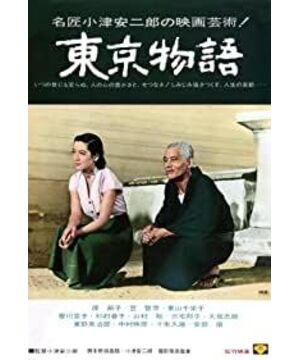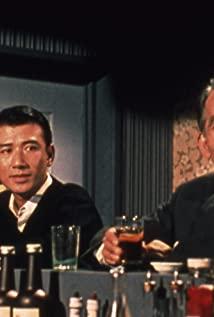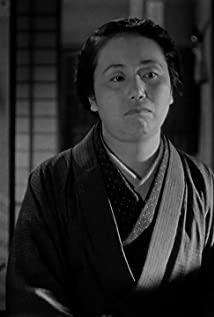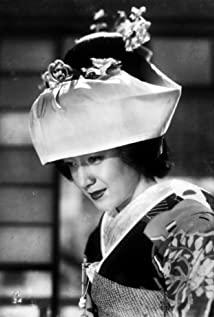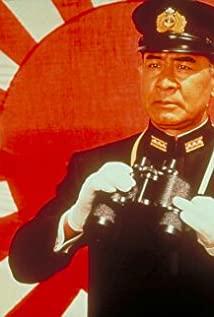What is the meaning of life? This is the question that countless philosophers and thinkers have tirelessly pursued. The Nobel Prize winner for literature, as well as the famous novelist and philosopher Camus, believes that life is precisely absurd and meaningless. Everyone's life is like working day after day, studying for a promotion, running around for a living, etc. What is the purpose? To paraphrase Camus and add that there is an ultimate, overriding purpose, that we must think rationally and act in pursuit of that purpose, then perhaps life can be called meaningful. However, obviously, in our life, it is inevitable that we must work, socialize, and be busy for the sake of individual survival, maintenance of social relationships, and the needs of others around us. Then a life full of these contents is completely useless. Doubt is contrary to the pursuit of the ultimate goal, and there is no doubt that we must realize that our life is actually absurd, that it runs counter to our rationality and produces alienation, and it is not difficult to find that life is actually a meaningless. The most well-known representation of this senselessness, the absurd, is the story of Sisyphus as we know it.
The story of Sisyphus will not be repeated here. He is immortal day after day, constantly pushing the stones up the mountain, watching the stones roll down the mountain, pacing down the mountain and pushing the stones repeatedly, which is exactly the portrayal of an absurd and meaningless life. However, like a thunder in the flat ground, Camus put forward a clearer point of view through the absurd life of Sisyphus, that although life is meaningless and full of absurdities, it is precisely because life is meaningless that it is more worthwhile. Each of us should experience, feel, experience, and fully accept this meaninglessness and absurdity. The important thing is not to pursue the meaning of life, but to live with the pain. As written in the text, "Sisyphus' silent joy lies in this. His destiny belongs to him." "He feels that this world without a savior is neither barren nor insignificant", "Climbing to the top of the mountain" The struggle itself is enough to fill a heart. Sisyphus should be imagined happy".
This idea is also fully infiltrated into the film "Tokyo Story". This work by Yasujiro Ozu, shot in the 1950s, includes a very rich content, such as family relations in industrialized countries, the social impact of war, such as the life and survival of modern urbanites, etc. However, if we Linking Ozu and Camus together, it can be found that Camus' absurd life is also full of "Tokyo Story". Hirayama's old couple in Onomichi, Hiroshima, are getting old, so they went to Tokyo to see their children. The old couple who hurriedly browsed Tokyo, the eldest son of the community doctor was busy all day, the second daughter who opened a hairdressing salon was too busy to take care of herself, the third son of the mother who did not go on a business trip, and the young daughter-in-law who lost her husband in the war, these people seem to be only affected by life. Coercion, meaningless drifting with the flow, neither able to save the dying life, nor time to pursue the life you want, nor even know the goal of your life. At the moment when the old mother died, this absurdity seemed to reach its climax. What is the point of a funeral? The living continue to live. The wheels of society have not stopped. The sun still rises. Behind the quiet and flat lens, we can think of Camus' cry, that even if life is meaningless, it is worth experiencing and experiencing. "Tokyo has seen it, Atami has seen it, and we can go home." Having experienced the prosperity of Tokyo, the noise of Atami, the indifference of sons and daughters, the thoughtfulness of daughters-in-law, the gathering of old friends, and the tranquility of hometown, there are Happiness, loss, pain, and joy, even if these are meaningless, are our lives, our unique lives, and our precious lives that each of us should experience, spend, and complete with our lives.
This is probably what Camus and Ozu want to convey to us.
View more about Tokyo Story reviews


